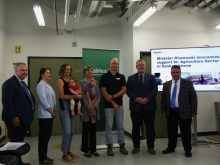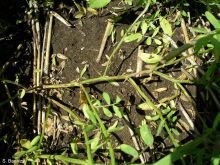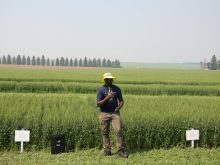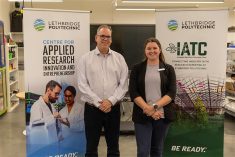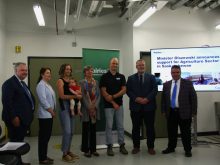Research associate Selin Karatepe from Lethbridge Polytechnic is using advanced data modelling to create virtual tools to help farmers weigh every variable.
Evolving technology is transforming how producers plan for the future, whether it be input costs, water use or crop rotations.
Karatepe, who specializes in analyzing and modeling data, joined the polytechnic’s Centre for Applied Research, Innovation and Entrepreneurship in 2022. She graduated from Uludag University in Turkey and holds a master’s degree and a PhD in econometrics, specializing in stochastic modeling and applied time-series econometrics.
Read Also
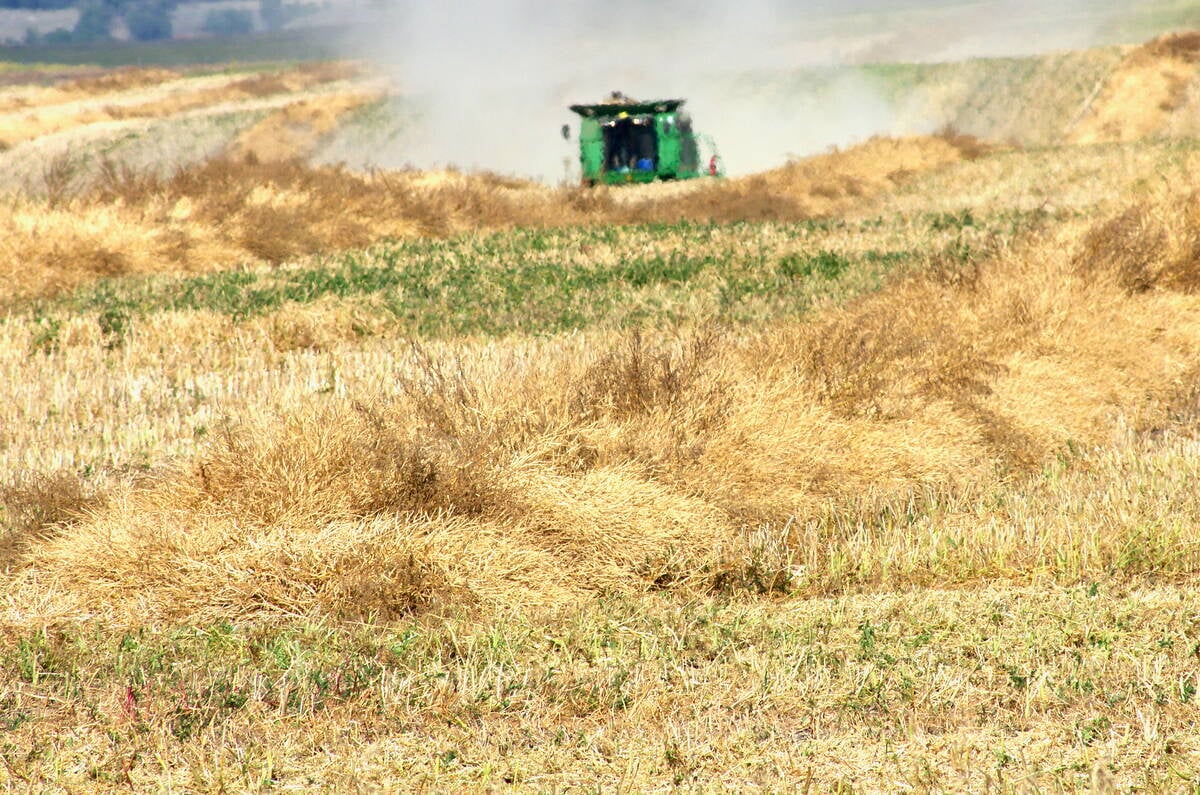
Manitoba searches for Plan B on canola oil exports
A new report explores Manitoba’s current canola oil trade and possible alternative markets to the U.S.
“Time-series econometrics look at data sets over time,” Karatepe said in a polytechnic news release.
“The goal is not only to analyze data but to build models that reflect how systems interact and evolve.”
After working for several years as an assistant professor at her alma mater, Karatepe said she was ready for a new challenge.
“I was thinking about a post-doctoral research position, and this opportunity (at Lethbridge Polytechnic) came at the right time,” she said.
“In data and in life, you can’t predict the future perfectly, but you can prepare for it. External shocks often disrupt established trends in ways we can’t foresee — that’s where the magic happens. It’s almost like a sudden shift in time and space, the kind you find in science fiction, when a story branches into alternate timelines.”
Much of her earlier research focused on electricity markets, but Karatepe has now applied econometric techniques across diverse areas of economic research. She currently directs her expertise toward agriculture, where she sees clear parallels between the two fields in how they help each other.
“Electricity and agriculture keep the world going, and we need both to keep progressing as a society,” Karatepe said.
“However, while they both deal with scarce resources, environmental pressures and uncertainty about the future, it’s important to recognize they function quite differently.”
Karatepe recently completed her first large project at the polytechnic: a decision-support tool for economic feasibility in controlled environment agriculture, including greenhouses and aquaponics systems. The virtual tool uses data and modelling to simulate financial projections while accounting for variability in factors such as input costs and market conditions to evaluate financial risk.
Next up for Karatepe is a project developing a multi-objective model that maximizes both water productivity and economic value.
“As global food systems face increasing complexity, from tariffs to supply chain and logistical issues, there’s a growing need for econometrics in the day-to-day operations of producers,” said Karatepe.
“Producers are realizing maximizing yield doesn’t always translate to maximizing economic potential. Optimization, when all variables are considered, is key for producers contemplating their next steps.”
By using water-yield functions and climate scenarios, from droughts to wet years, the model will identify optimal crop rotations for producers. Beyond the farm level, she hopes to explore how decisions made at small scale interact dynamically with broader economic and social structures.
In turn, this model will help producers prepare for broader forces such as political change, trade and tariffs, global demand and shifting weather patterns.
“What excites me is trying to understand dynamic systems in times of uncertainty,” said Karatepe.
“Especially considering how variables interact over time, how causality works in complex systems — that’s what keeps me going.”



